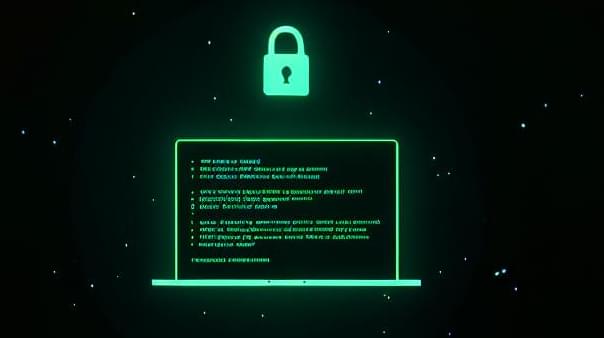A new mass malware campaign is infecting users with a cryptocurrency miner named SilentCryptoMiner by masquerading it as a tool designed to circumvent internet blocks and restrictions around online services.
Russian cybersecurity company Kaspersky said the activity is part of a larger trend where cybercriminals are increasingly leveraging Windows Packet Divert (WPD) tools to distribute malware under the guise of restriction bypass programs.
“Such software is often distributed in the form of archives with text installation instructions, in which the developers recommend disabling security solutions, citing false positives,” researchers Leonid Bezvershenko, Dmitry Pikush, and Oleg Kupreev said. “This plays into the hands of attackers by allowing them to persist in an unprotected system without the risk of detection.”









